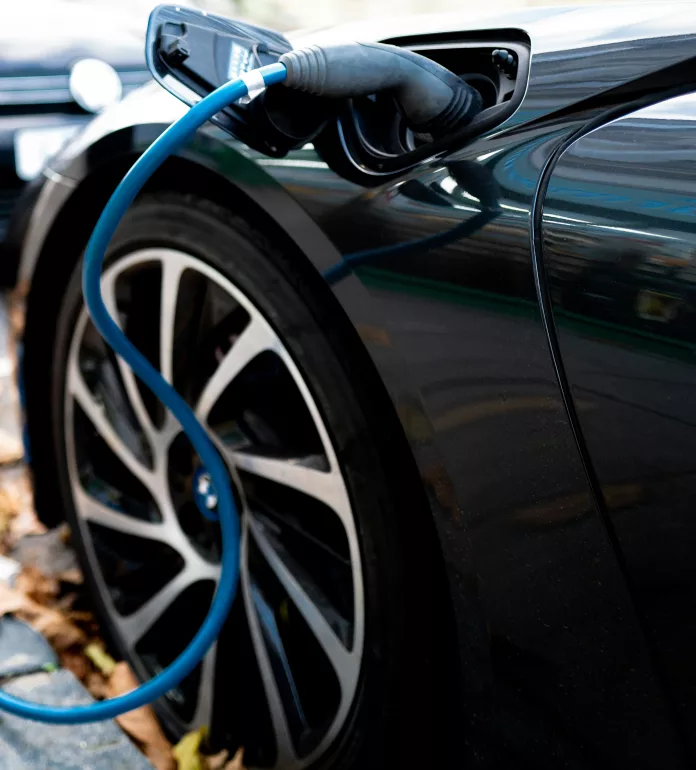Recent studies in the United States and the United Kingdom bring promising news to the electric vehicle (EV) market, suggesting that the growth of EVs may be beneficial for both the economy and the grid.
Economic Benefits of Electric Vehicles
According to an analysis by Synapse Energy Economics, commissioned by the Natural Resources Defense Council, electric vehicles appear to contribute significantly more to utility revenues than they incur in costs. Since 2011, EVs have been instrumental in generating additional utility revenues, which arguably have put downward pressure on electricity rates for all consumers.
EV drivers, particularly in the Western U.S., have added $3.12 billion more in utility revenues than the associated costs over a decade. Notably, California leads the charge with its rapid EV adoption, boasting 1.1 million EVs—37% of the nation’s total EVs—as reported by the Energy Information Administration.
The Dynamics of EV Charging and Electricity Demand
Time-of-Use (TOU) rates have become a strategic tool for utility companies, especially in California, to manage electricity demand. By incentivizing EV charging during off-peak hours when electricity demand is low, TOU pricing helps to optimize the grid’s performance. A study sponsored by the NRDC involving Lawrence Berkeley National Laboratory and Pacific Gas & Electric suggests that such practices could allow the existing grid to support a fully electrified vehicle ecosystem for American households.
Furthermore, a report by the Electric Power Research Institute and the NRDC highlights the potential for electric vehicles to slash consumer costs drastically—with projections over $200 billion annually by 2050. This scenario hinges on the condition that EV prices remain stable, combined with continuous efficiency improvements leading to reduced electricity demand. The big picture for 2022 was a consumption of about 4,000 terawatt-hours of electricity in the United States, highlighting the vast potential for energy savings.
Electric Car Affordability and Used Electric Vehicles Market
Common misconceptions regarding the prohibitive costs of electric cars are being challenged. New findings indicate that the price gap between new EVs and conventional vehicles is closing. Moreover, in the UK, a comprehensive analysis by Indicata suggests that used electric cars have reached price parity with traditional used cars.
After a peak in used EV prices during 2022, rates saw a notable drop of over 20% in six months due to increased supply. This trend signals a significant shift with the conclusion of initial EV lease programs and the pricing adjustments from manufacturers. Noteworthy is the instance of price parity between electric and gasoline-powered Peugeots as of June 2023—which is indicative of the rapidly changing landscape of EV affordability.
Shifting Preferences: Hybrids Gain Popularity
Amidst the electric transition, hybrids are becoming the new favorites in the used car market. In the UK, sales of used hybrids more than doubled in the first quarter of 2024 compared to the year prior, as revealed by data from Autorola. This surge in demand resulted in a 3.7 percent increase in prices for used hybrids, emphasizing their growing market share.
It appears consumers view hybrids as a transitional option before fully committing to EVs. This serves as an indicator of a gradually evolving consumer mindset towards greener driving options, even if apprehension towards fully electric solutions persists for some.
Conclusion: Momentum in the EV Market
Despite certain ideological resistance and fear-based skepticism, EVs are marking their territory in the automotive landscape. Advocates for electric transportation are determined to present findings like those from Synapse and Indicata to the public, advocating for informed decision-making based on facts rather than fear.
The transition to electric vehicles is driven not only by environmental concerns but also by clear economic advantages. As technology advances and prices continue to equalize, the likelihood of EVs becoming the norm increases. Clearing misconceptions and spreading awareness about the tangible benefits of electrification will be paramount in accelerating this inevitable shift.

























